 Robert Kagan’s The World America Made (Alfred A. Knopf, 2012) is an extended essay on the role of the United States in the current global order. Kagan identifies political and economic freedom combined with military strength as the foundation of the enduring American power that has encouraged the current historical “wave” towards democracy, and argues the unique nature of this power has played a pivotal role in recent history.
Robert Kagan’s The World America Made (Alfred A. Knopf, 2012) is an extended essay on the role of the United States in the current global order. Kagan identifies political and economic freedom combined with military strength as the foundation of the enduring American power that has encouraged the current historical “wave” towards democracy, and argues the unique nature of this power has played a pivotal role in recent history.
While this analysis may not seem earth-shattering, what makes The World America Made compelling is Kagan’s engagement with the current hypothesis that U.S. power is in decline, perhaps inevitably and perhaps desirably. Rather than delivering a rah-rah, red-meat defense of America the Good, Kagan discusses the many inconsistencies, hesitancies and set-backs that have beset the “American century,” and recognizes the imperfections inherent in any human endeavor. But in the end, Kagan concludes that the international move towards a more liberal order is ultimately dependent on America’s actions.
The World America Made is roughly divided into an introduction, three main sections, and a conclusion. The introduction suggests that America has played a role rather like George Bailey in It’s a Wonderful Life–a reluctant hero who does not understand his own strength, and can only comprehend it through an exercise in counter-factual history. The first section deals with the historical tension between American interventionism and isolationism, the middle of the book turns to the importance of a “liberal economic order,” which, Kagan argues, is like political freedom hardly a pre-ordained inevitability, and the last third addresses “next steps.” Within this framework, the book deals with the salutary increase in political freedom around the globe; as Kagan points out, there has been a ten-fold rise in free governments from 12 to 100+ over the last 70 years. While his praise for Jimmy Carter’s human rights agenda might be debated, Kagan’s insistence on the spread of democracy as a necessity for improving the greater good, even when it is difficult, is welcome. Conventional wisdom holds that “progress” towards a more liberal political and economic order is an inevitable evolution, but one of Kagan’s contributions in this book is to point out the fallacy of the evolutionary model, and the importance of human initiative and action to bring this end to pass.
Throughout The World America Made, Kagan grapples with the exercise of U.S. military power, which is a thorny issue to say the least. We generally understand the United States to be something of a military bully, but as Kagan argues, no nation in history has been so unconstrained in its exercise of power; indeed, the U.S. has been broadly supported in its military activities around the globe. Kagan argues this power has been a force for peace, noting that the “unusual combination of vast power and remarkable global acceptance of that power is the main factor that has deterred great-power war” since WWII. (pg. 65) It seems a reasonable conclusion that this deterrence has been worth the investment.
In the end, Kagan returns to his movie analogy, noting that while our world, like George Bailey’s town, would have been far worse off without the United States, a happy ending is not pre-ordained. Americans can still choose, or be persuaded into, decline–and the results as Kagan discusses throughout the book may not be pretty. Assertions that international organizations are better equipped to deal with global problems, and that other nations will automatically preserve and expand the political, economic and security priorities established by the United States, are hardly borne out by history. “In short,” as Kagan concludes, “it may be more than good fortune that has allowed the United States in the past to come through crises and emerge stronger and healthier than other nations while its various competitors have faltered. And it may be more than just wishful thinking to believe it may do so again.” (pg. 133)
While Kagan’s arguments can on occasion become a little too insistent on even-handedness (for example, the suggestion that other democracies such as Great Britain, Germany and Japan might have fueled a similar golden age in the 1970s and 80s, as Kagan does on page 29, are somewhat specious given that those democracies would not have existed with out the U.S. and it seems a stretch to celebrate communist China for fueling global prosperity given that regime’s abhorrence for the free market, as Kagan does on page 43), he deserves praise for the broad historical and international scope of this book. There are echoes throughout of the introduction to Donald Kagan’s (the author’s father) 1991 Pericles of Athens and the Birth of Democracy, which was written in the context of the fall of the Soviet Union and the end of the Cold War. Robert Kagan can now view these events with the benefit of historical perspective, which he brings effectively to his discussion of our collective “historical fallacy” in assuming American power was much greater in the past and therefore lessened today. He points out the many setbacks and indeed disasters that have beset us since WWII, notably Watergate and Vietnam in conjunction with the economic downturn of the 1970s, which in many ways dwarf our current troubles. It may be for another generation to bring a clear eye to the challenges we face, from the rise of China to the Arab Spring to our fiscal crisis, but as Kagan points out, accepting pre-emptive defeat would be a great disservice to ourselves, and to the global community.
The World America Made is an engaging and provocative book that makes an important contribution to our currently anemic intellectual public square. Particularly in this election year when we will make important decisions about the future economic and military policies that will shape coming decades, it deserves a careful read.


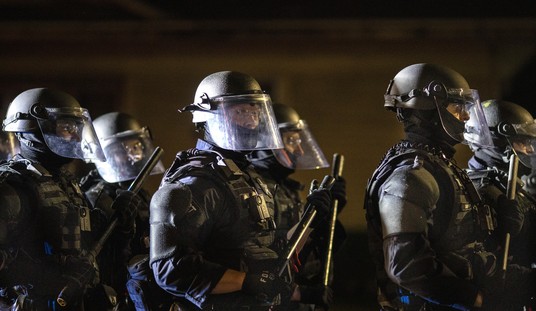

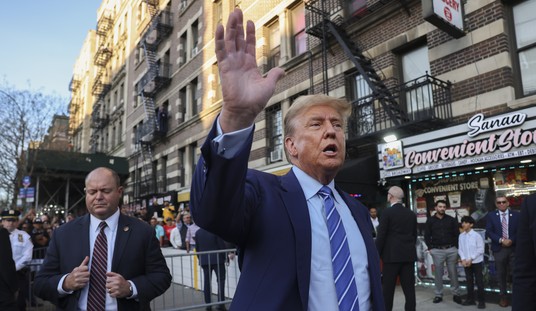

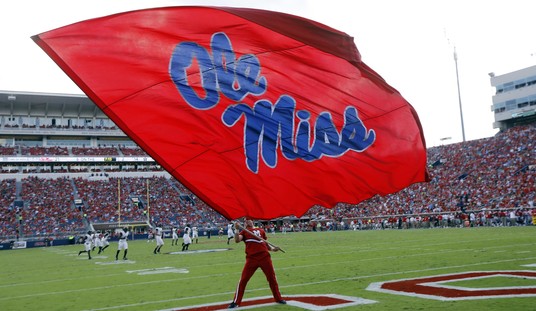




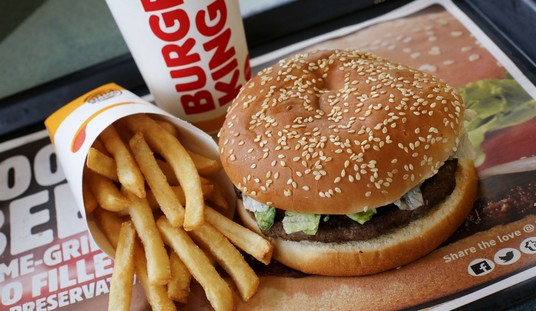
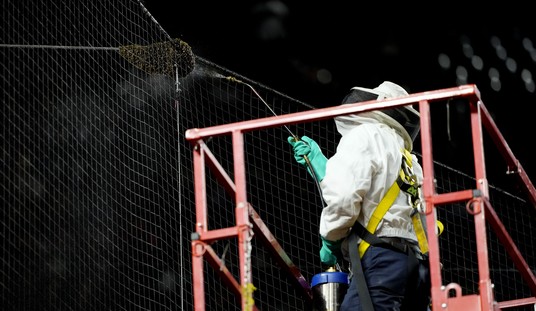
Join the conversation as a VIP Member